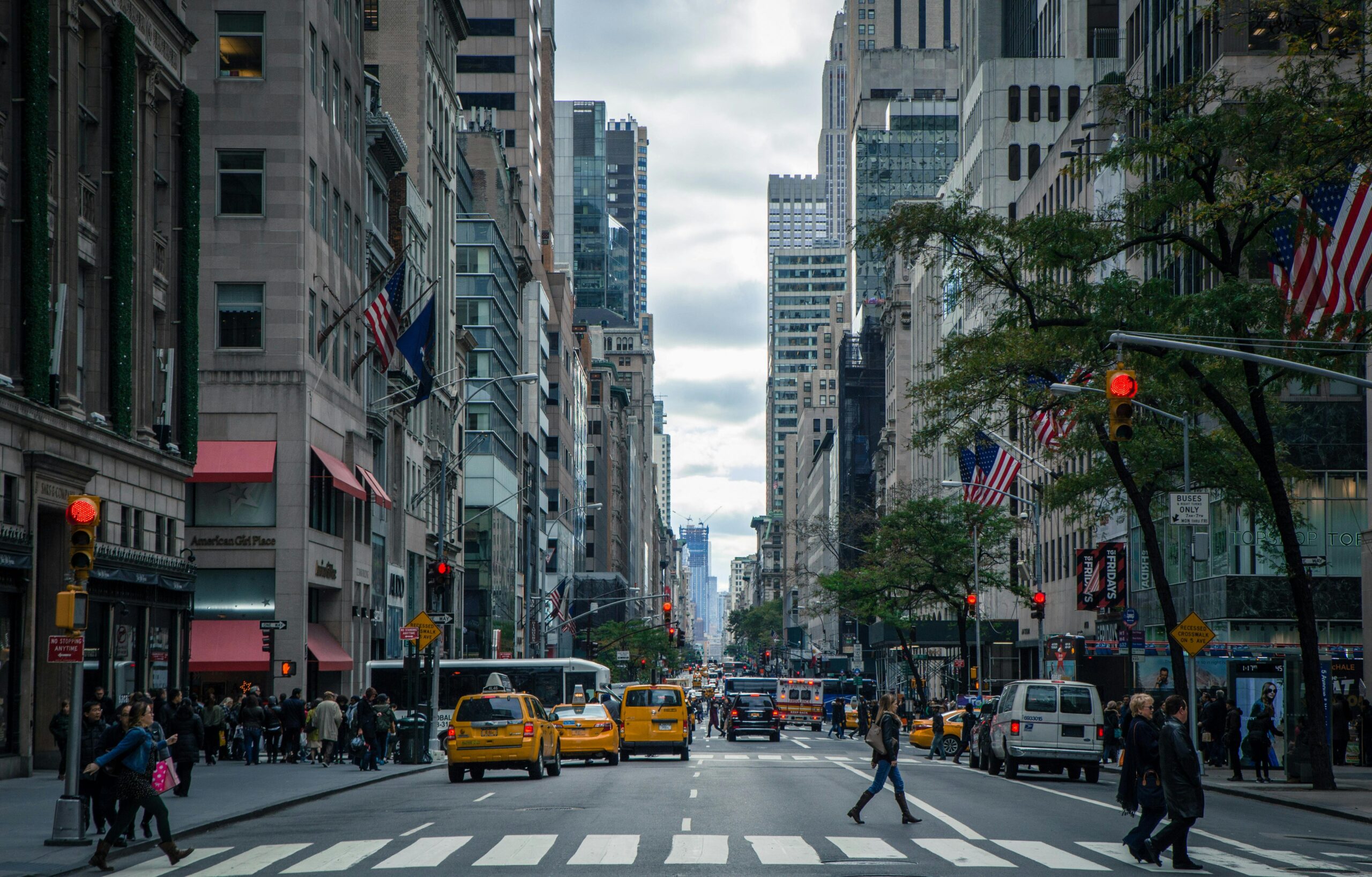On November 22, 2024, a Manhattan judge postponed sentencing in former President Donald Trump’s hush money criminal case indefinitely, citing “unprecedented circumstances.” Trump had been convicted in May on 34 felony counts of falsifying business records to conceal an alleged affair during the 2016 election. The case has become a focal point of legal and political controversy as Trump prepares to return to the presidency in January 2025.
Judge Juan Merchan granted a motion to adjourn the November 26 sentencing date, permitting Trump’s legal team to file for dismissal. Merchan noted the Supreme Court’s decision granting presidents broad immunity for official acts, which has fueled arguments from Trump’s defense. “The defendant’s request for leave to file a motion to dismiss is granted,” Merchan wrote, effectively delaying further proceedings.
Steven Cheung, Trump’s communications director, hailed the ruling as a victory. “In a decisive win for President Trump, the hoax Manhattan case is now fully stayed and sentencing is adjourned. All sham lawfare attacks against President Trump are now destroyed, and we are focused on Making America Great Again,” Cheung said in a statement, reflecting the administration’s confidence.
Prosecutors had argued that Trump’s actions were part of a calculated effort to influence the 2016 election, dismissing the defense’s motion as unfounded. The case remains contentious, with Trump branding it a “witch hunt.” Legal experts predict prolonged delays in proceedings as Trump’s return to the presidency complicates judicial oversight.
The ruling aligns with the Department of Justice’s long standing policy not to prosecute sitting presidents. Trump’s lawyers also contend that the conviction violates constitutional protections for executive authority, a claim likely to see continued debate in federal courts. Meanwhile, Special Counsel Jack Smith’s cases against Trump for election interference and classified document handling are also facing potential delays.
This decision adds to the political tension surrounding Trump’s legal battles and underscores the challenges of balancing judicial processes with executive privilege. As the case unfolds, its implications for presidential accountability and legal precedent remain under intense scrutiny.









